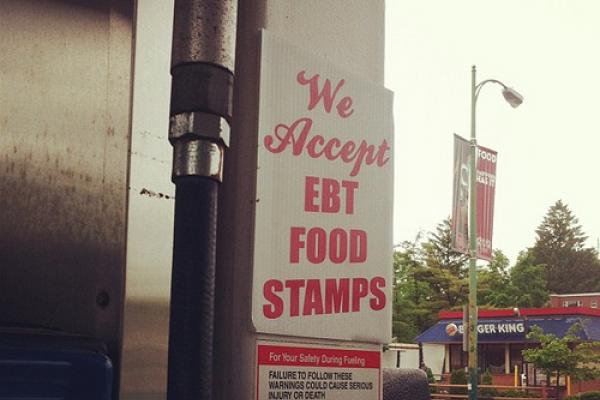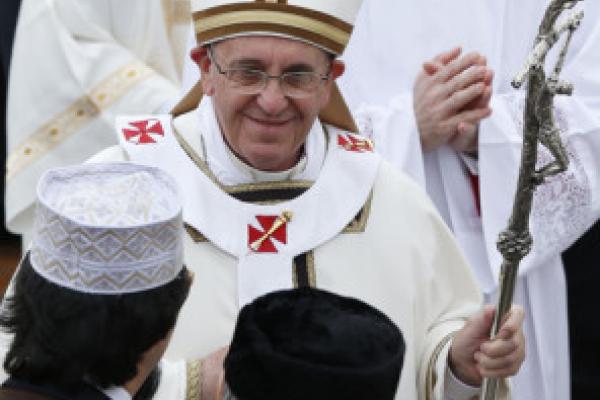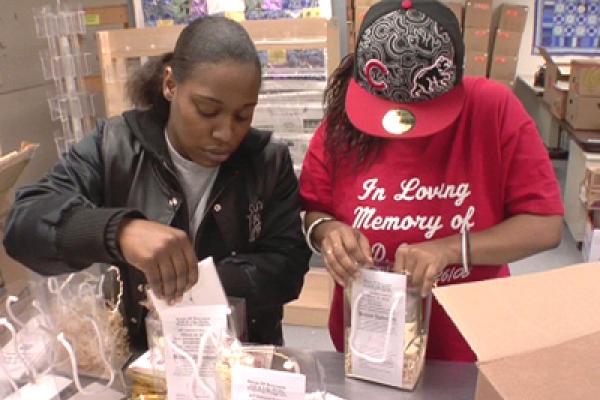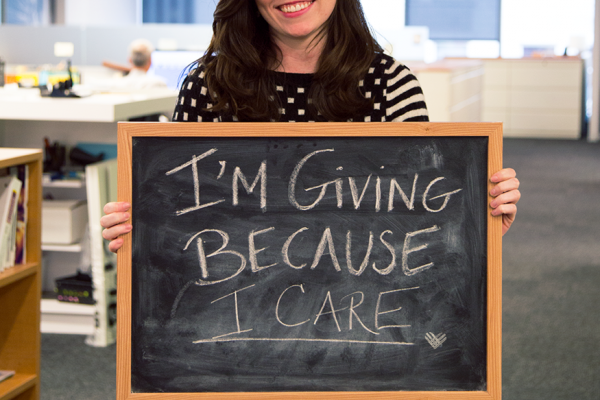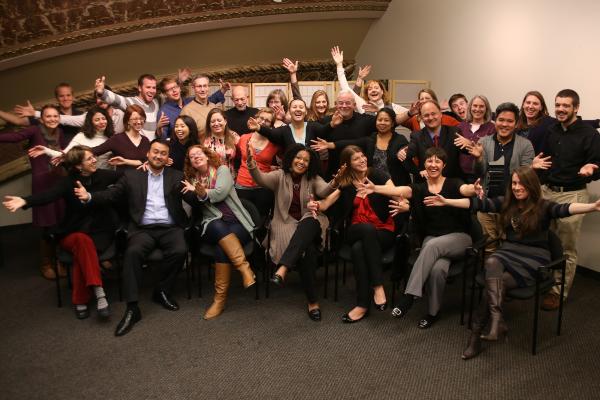Fear, anxiety, and secrecy marked the roughly year and a half I received federal food stamps.
Like the New Testament’s famed Samaritan woman who snuck to the well at an odd hour to get water, I tried to retrieve the sustenance my family needed outside the view of my immediate community.
I tried never to let those around me see me using the food stamp card, and certainly wouldn’t have ever told my extended family or friends. I wanted no one to know I was living outside the bounds of “acceptable” life.
I had decided to find out whether I qualified for the Supplemental Nutrition Assistance Program (SNAP) while a full-time seminary student trying to raise three teens — one of them in college. I worked jobs as much as I could around my school schedule, but in the end I never had enough money to pay bills, meet my children’s needs, and buy enough groceries for the month.
Vatican officials say reports that Pope Francis has been slipping out at night to visit the homeless in Rome are “simply not true,” though that hasn’t stopped the stories from capturing the public imagination.
That’s probably because such tales seem right in line with Francis’ unconventional and pastoral style. What’s more, the faithful always love it when a church leader sneaks under the radar to make a point — witness the fascination with the Mormon bishop who recently disguised himself as a panhandler and then revealed his identity when he climbed into the pulpit.
But breaking out of the “gilded cage” of the Vatican has been a dream of many popes and other churchmen who fear losing touch with their calling as pastors — or simply their connection to ordinary life.
This is Giving Tuesday, when nonprofits of every stripe hope to attract some of the billions of dollars to be spent during the Hanukkah and Christmas season.
Many of those dollars will go to religious groups. Now, new research is expanding the meaning of “religious giving.” It counts motivation for giving, and measures not only gifts to houses of worship but also donations to faith-connected nonprofits that are doing secular service such as fighting poverty or offering job training for the disabled.
“Most people cite their religious commitments, but most also cite the belief that they should give to benefit others. Many people hold both these impulses at the same time,” said Shawn Landres, a co-author of the research report, “Connected to Give: Faith Communities.”
My first career: print journalism. Current status of that field: on life support.
My second career: pastoring neighborhood churches. Current status of that field: on life support.
My third career: writing and publishing books. Current status of that field: on life support.
My fourth career: implementing client-server data management systems. Current status of that field: on life support.
Do you see a trend here? I did. So now I try to stay nimble and to keep moving. My publishing business is entirely electronic. I have cycled through three websites and three subscription systems in 10 months. I do more of my church consulting online.
“Gray” Thursday, Black Friday, Small Business Saturday, Cyber Monday — and Giving Tuesday? For the second year in a row, nonprofits, businesses, and individuals are coming together to create a national day of giving on the Tuesday after Thanksgiving.
Why a national day of giving? Last year, New York’s 92nd Street Y, with the support of the United Nations Foundation, catalyzed the idea of adding a national day of giving to kick off the holiday giving season. The goal was to drive donations of time, money, or services to charities with the same enthusiasm that shoppers have on the shopping days surrounding Thanksgiving.
On the first day of Advent, I began to fast for immigration reform.
I’m not a recent immigrant or a political activist. But I’m a mother, a teacher, and a Christian living in Asheville, N.C., a community affected by our broken immigration system. And I was raised in a faith that tells me that this country should not have an invisible class of people or a justice system that tears apart families. That’s not justice to me.
So Dec. 1-3, I joined the National Days to Act, Fast, and Pray in solidarity with those who have been fasting for three weeks in a tent on the National Mall. Their goal is to urge the House GOP, specifically U.S. House Speaker John Boehner (R-Ohio), to call for a vote on immigration reform.
Time became suspended for my family and me when Typhoon Haiyan struck the Philippines nearly a month ago.
Days blurred into one another as my mom attempted to contact her family in Leyte, one of the Philippine islands directly hit by Haiyan. With her mother, siblings and family members still living in the Philippines, my mom feared the worst as she helplessly watched news reports of the typhoon’s devastation and destruction.
Together, as a family, we waited in agony for answers. Would my grandma and relatives survive? If so, when and how would they contact us without power or phone lines? Would this storm wipe out every connection we have to my mother’s homeland?
Two weeks after Haiyan upended our lives, grief gave way to joy as we received word of my family’s safety. My nanay (grandma) and several of my titas (aunts) and titos (uncles) lost their homes, but they managed to survive one of the most powerful storms recorded in modern history.
As you can imagine, there was much to be grateful for when I gathered with my family for Thanksgiving. At our table, we gave thanks to God for this miracle, knowing all too well that many Filipino families were not as fortunate or still waiting for news about their loved ones. We also remembered those who helped us during this time of uncertainty, especially the Sojourners community.
